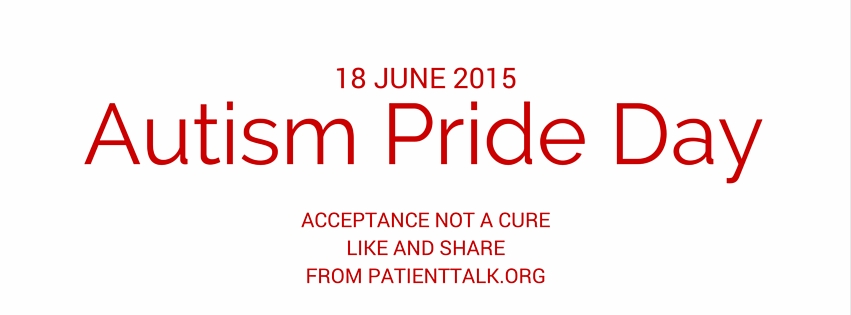Do today I am delighted to introduce a new blog called mumsnautism.net by Dorly O’Sullivan where she writes about the experience of being a parent with a child with autism. You can read O’Sullivan’s blog here.
She writes ” There are a lot of “us” out there. Parents, carers and other family members who live with young adults who are in the Autistic Spectrum (ASD) or have a dual diagnosis of Down Syndrome and Autism (ASD DS).
We want to protect our young people, or even not so young people. So there are things we don’t talk about. We don’t talk about antisocial behaviour, and we don’t talk about aggressive behaviour.
This doesn’t help our people, and it doesn’t help us. In order to find new ways, we have to face up to our challenges and accept them for what they are. Talking about it, sharing our experiences will empower us, and this in turn will enable us to find new ways to help or young people not to become even more isolated than they already are.
Let’s talk. And listen.
The idea of writing a blog came to me after reading an article in the Weekend Review of The Irish Times, May 30. 2015, by Rosita Boland, “Linda and Jake”. Linda’s son Jake has ASD and I think he is about 14. Linda feels very alone with her issues. One of them is aggressive behaviour. She says, “I wish people would talk about aggression”, and I agree with her.
Living with autistic people who display aggressive behaviour is a form of domestic violence, even if the perpetrator is not to blame and we love him / her to bits. It still hurts. We still have to find a way to live with it. Aggressive behaviour outside the home is limiting a good social life enormously for the young person concerned.
Other people will have other issues.
Let’s talk. And listen.
I’m not a professional. I’m a mum. I can only tell you about my experiences with my son. I would love to hear about your experiences, whether you are a mum or a dad or a carer or a family member. I would love to hear about your experiences, if you are a person with ASD. There is a great range in intellectual abilities in people with ASD, my son happens to be at the lower end of moderate intellectual disability, he cannot tell me anything verbally. But others can. I want to help him to have a fulfilled life. He can’t talk, but he can feel, he can experience. Just like the rest of us.
My stories are about my son, not about aggression. But aggression is a part of it.
My hope is, that the blog will eventually develop into a forum.
What is your story?”




